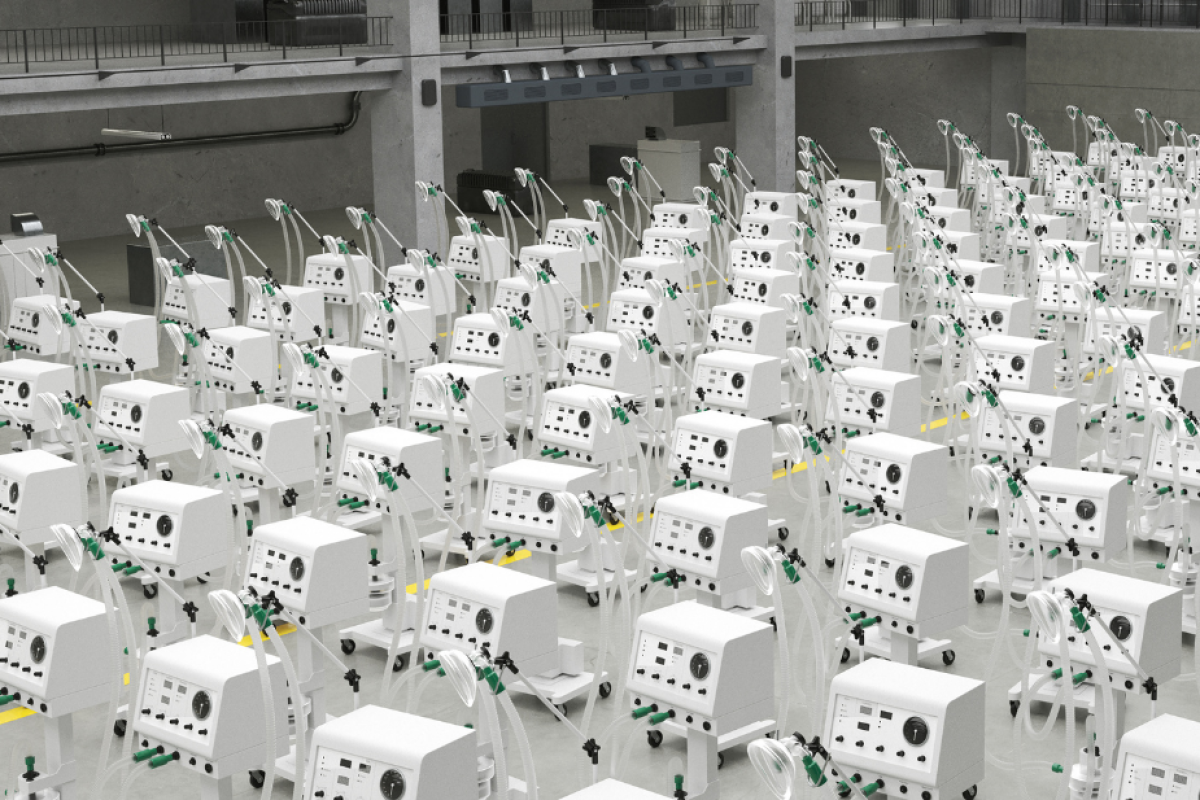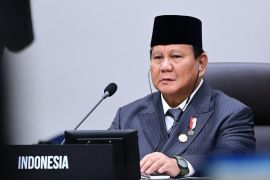The effort to expedite matters was made in a bid to protect the people’s safety and make life-saving medical products available with the endorsement of the Regulatory Harmonization Steering Committee (RHSC) Vision 2030 and Strategic Framework, according to a statement issued by the APEC Life Science Innovation Forum and received here on Wednesday.
Established in 2009, the Regulatory Harmonization Steering Committee is a network of regulatory experts from regulatory agencies, industry players, and academics across the APEC region.
The steering committee identifies their priority work areas in the medical product sectors of pharmaceuticals and medical devices where member economies believe would benefit from regulatory convergence.
"We will work together to accelerate regulatory convergence for medical products in the APEC region, so that we can improve the safety of our people, ensure availability of important medical products, save public resources, attract investment, mitigate corruption, and improve global standing in every APEC economy," Michelle Limoli of the United States’ Food and Drug Administration and the co-chair of the forum’s Regulatory Harmonization Steering Committee (RHSC) stated.
The recently endorsed vision and strategic framework will guide the steering committee over the next decade, including to facilitate cooperation among medical product regulatory authorities, build human capacity in regulatory science among medical product regulatory staff, and promote a coordinated approach to regulatory convergence and reliance among policymakers in the APEC region.
"The endorsement of this document comes at a crucial time as members look to incorporate lessons from the COVID-19 pandemic and address a new wave of innovative medical products," Nobumasa Nakashima of the Japan Pharmaceuticals and Medical Devices Agency, concurrently the co-chair of the steering committee, stated.
The steering committee will also work to innovate and incubate new ideas to accelerate regulatory convergence, building on past successes, such as the APEC Training Centers of Excellence for Regulatory Science.
There are currently 29 of these centers hosted at 20 institutions across nine APEC economies, with the objective of honing skills and capacity for hundreds of regulators on an annual basis. The centers promote dialogue in pursuit of knowledge sharing in science and best practices.
The impacts of these centers and other work done by the steering committee have been measurable. An annual evaluation exercise shows regulatory requirements for the approval of medical products are becoming more aligned among APEC economies over time.
"Regional organizations, such as APEC, play an important role in facilitating discussion, sharing best practices and innovative regulatory approaches to emerging technologies and business models, including in the medical and pharmaceutical sector," according to Rebecca Sta Maria, executive director of the APEC Secretariat.
"In this ever-changing environment, especially with a pandemic and crisis, policymaking has to be well-coordinated, coherent, and complementary. The only way that governments can do this is by allowing different voices in the room, involving different agencies and different parts of societies at the table," she emphasized.
The chair of the APEC Life Science Innovation Forum Michelle McConnell remarked that the COVID-19 pandemic continues to show just how important it is for regulatory authorities and the industry to collaborate to accelerate regulatory convergence.
"A good policy environment helps us to achieve a healthy society that contributes to a healthy economy," McConnel remarked. Related news: APEC moves to strengthen disaster risk management
Related news: APEC's structural reform to bolster resilience against future shocks
EDITED BY INE
Reporter: Yuni Arisandy Sinaga
Editor: Suharto
Copyright © ANTARA 2021











